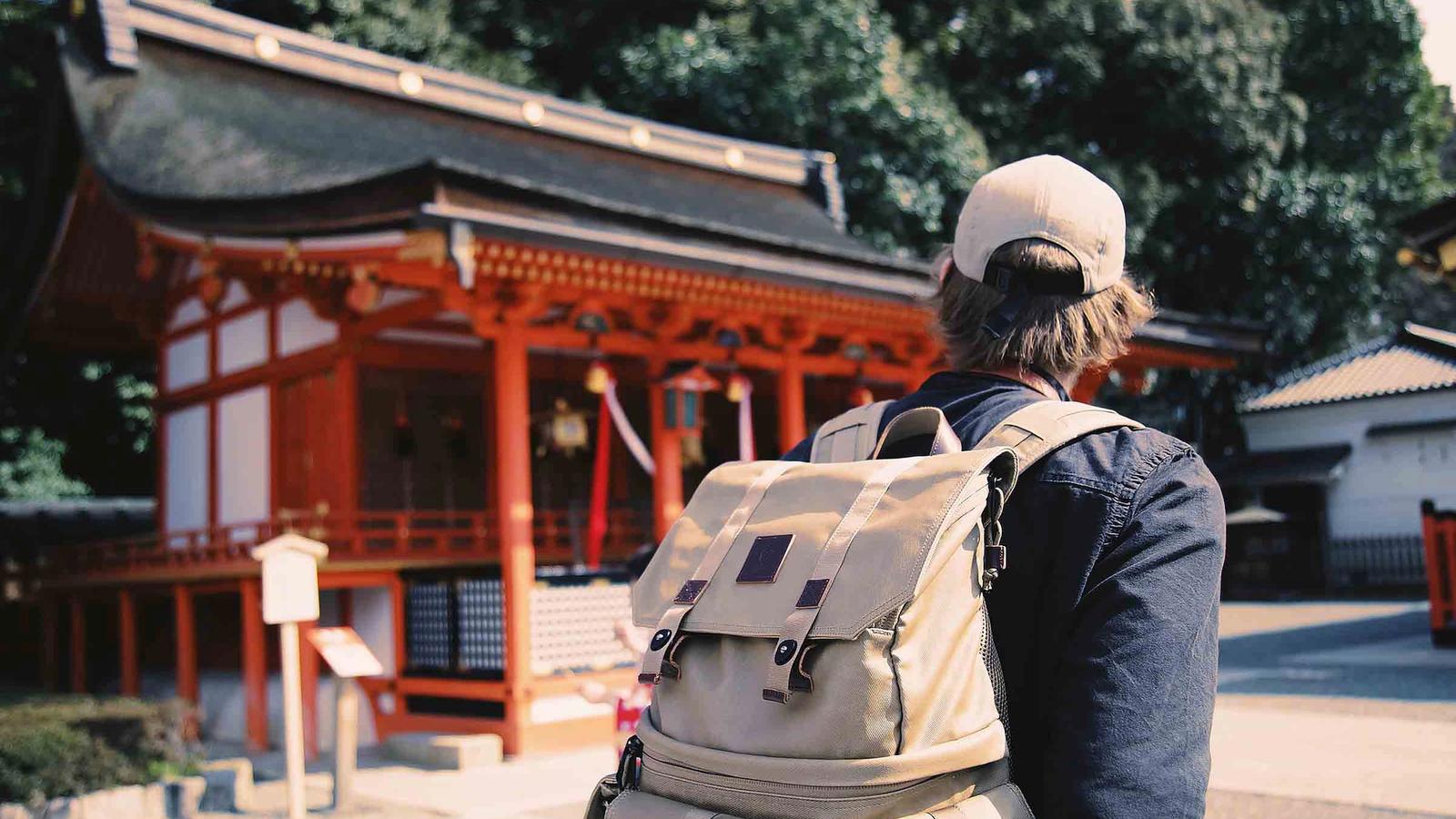

Table of contents:
You finally start planning your dream trip to Japan. But you've heard news about the issue of overtourism in Japan and now you are worried. What do Japanese people really think about foreign tourists?
I've lived in Japan for decades, so I have a pretty strong understanding of Japanese culture. I'll help you to better understand common Japanese attitudes and help you feel more confident about your upcoming trip. Please share your opinions or experiences about this topic. Be sure to leave a comment below, in the comment section.
1. Revealing the Japanese Mindset
To better understand Japan, you need to know it is a high uncertainty avoidance culture. What does this mean? Japanese people are more likely to...
- Avoid things that are unfamiliar to them:
- Things that 'unknown' or 'misunderstood' can trigger feelings of discomfort or anxiety in Japanese people. This means making Japanese friends can be hard. I personally argue that most Japanese people live a very sheltered life.
- Stick with what they know:
- Most Japanese people will live in the same house until they are a young adult. Also, it is rare for Japanese people to change schools. Therefore, it is natural for most Japanese people to stay close to what is familiar for them.
Local Insight:
Japanese people are unfamiliar with foreign cultures. Meeting foreigners can make some Japanese people feel nervous. Some Japanese people may try to avoid you. Don't take this personally! But, be aware that your actions, e.g., being noisy, may concern Japanese people around you.
2. What Do Japanese People Think of Foreigners in Japan?
I want to make this very clear, Japanese people do NOT hate foreign tourists. If that were true, I wouldn't want to live in Japan.
- Curious about foreigners: When you travel around Japan, you will discover that Japanese people are largely interested in you.
- Asking foreigners questions: You will find that Japanese people are happy to strike up a conversation and may want to ask you questions about yourself.
- Want foreigners to learn Japanese culture: When you talk to people, you realize that Japanese people want to share their culture with foreign people. It makes them happy to see non-Japanese people picking up the language and customs.

2.1. The Top Four Negative Stereotypes About Foreigners in Japan
Many Japanese views about foreign people is based off stereotypes. Sadly, many foreign tourists feed these stereotypes. Here are a few examples:
- Foreigners are noisy: You might be excited bout riding the Tokyo subway or visiting a temple in Kyoto. Remember to mind how loud you are talking. Japanese people are very careful not to disturb people around them.
- Foreigners are rude: Japanese social media has captured a small number of tourists behaving badly. Partly to blame is the rise of social media streamers who take advantage of Japanese politeness.
- Foreigners cause crimes: In 2023, only 5% of arrests in Japan involved foreigners. However, cases that involve foreign tourist have grabbed a lot of media.
- Foreign people are scary: Tourist in Japan can seem scary to Japanese people. One example is tattoos. While tattoos are common in Western societies, in Japan, tattoos are traditionally connected with criminals.

Popular Articles

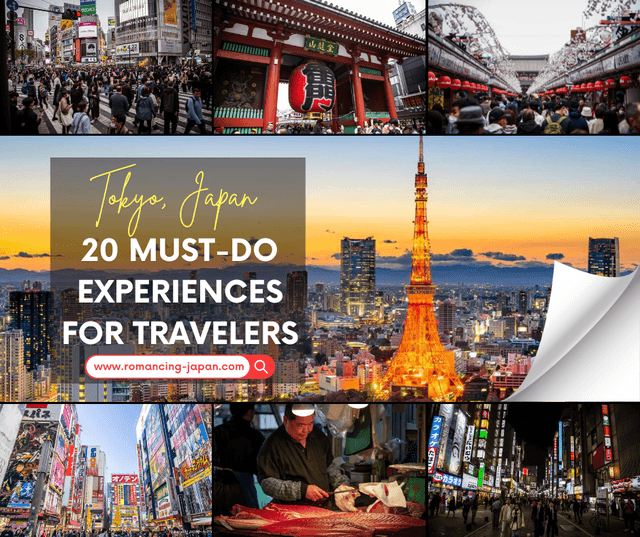
Tokyo Favorites: 20 Must-Do Experiences for Travelers
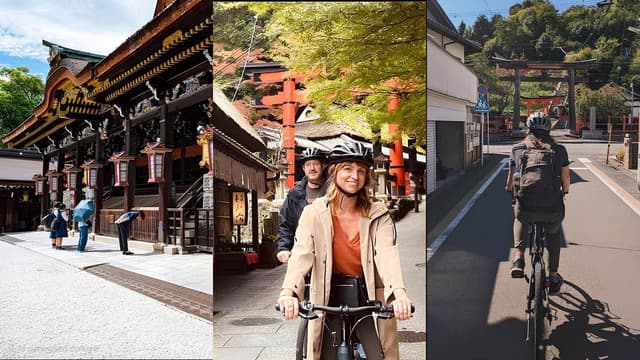
Kyoto Bike Tours: Discover the City’s Hidden Gems with Noru
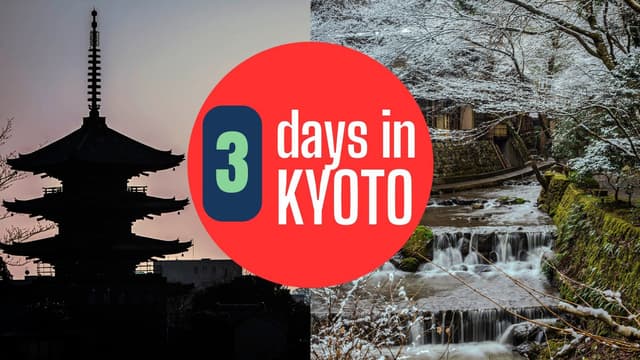
Kyoto 3-Day Itinerary: Best Things to Do for First-Time Visitors

Universal Studios Japan Tickets: Your Guide to Visiting USJ
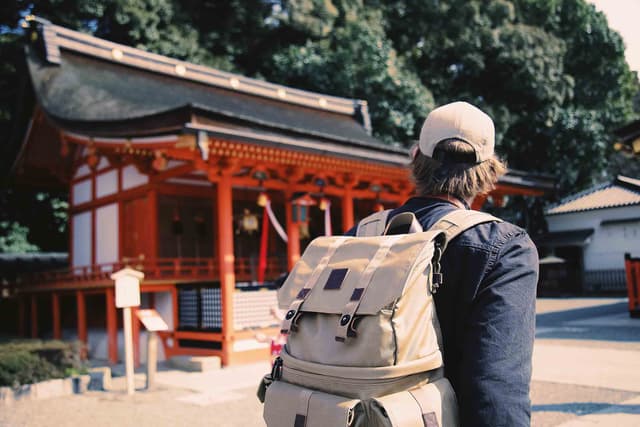
Find Out What Japan Really Thinks of Foreign Tourists

Manga Explained: Top Recommendations for Beginners
3. How Are Foreigners in Japan Treated?
Generally speaking, foreigners in Japan are treated well. The country is famous for its hospitality and politeness, called omotenashi (御持て成し). It is the cultural concept of looking after guests and see that their needs are met in a considerate manner.
Omotenashi captures the essence of providing service with a sincere attitude. This means that tourists are seen as guests and treated with respect and courtesy. Visitors to Japan are usually left with a positive impression of Japanese people.

4. Are Japanese People Friendly?
As a tourist, you will most most likely be left with the impression that the people of Japan are very hospitable, friendly, and welcoming. However, I argue that much of the friendly attitude you experience as a foreigner in Japan is actually politeness. Here is why:
- Wa (和) - harmony: Japanese culture in centered around the concept of 'wa'. It is concerned with social balance, which creates harmony.
- Honne (本音): Honne is your true self. The face that you reserve for only your family and your closest friends. Your honne will be kept from everyone else.
- Tatemae (建前): Tatemae is the self you show to others outside your inner circle. This is the most polite and friendly version of yourself that everyone else sees. This is the face that tourists will most likely experience.
If you want to know more about the Japanese concept of self, check out our article on honne and tatemae.
5. Racism in Japan
I personally don't feel that Japan as an overtly racist society. I have been faced with racial discrimination, but I have never experienced a direct racist attack. For example:
- Racial discrimination: I have been rejected from entering some businesses because I am a foreigner.
- Racist attack: I have never been openly abused for being a foreigner on the street.
However, reports of racial profiling by Japanese police has been on the rise since 2024. This is seen as a reaction to the increased number of foreigners moving to Japan.
5.1. How Racially Diverse is Japan?
- Japan is not a racially diverse country.
- Japanese nationals make up 97.5% of Japan's population.
- Chinese migrants make up the largest racial minority with only 0.6% of the population.

5.2. Is Discrimination Illegal in Japan?
Citizens of Japan are protected by racial discrimination under the Japanese constitution. However, foreigners in Japan who are NOT citizens, but living in Japan, are not protected against racial discrimination under the law or constitution.

5.3. Real Life Examples of Discrimination Against Foreigners in Japan
Often when you do experience racial discrimination in Japan, it is expressed as passive aggressive xenophobia. Here are some examples that I have experienced:
- Entering an empty bar and being told that the bar is fully booked out, so you cannot stay.
- Some restaurants only accept Japanese customers.
- Train staff ignoring your questions or concerns.
- Restaurants and bars over-charging foreigners (this one has discussed in the media).

6. Tourists in the Japanese Media
Sadly, some foreign tourists have ignored Japanese laws and customs. This has created a negative impression of tourism Japan for locals. Here are several examples:
- In Fukuoka, at Nanzo-in Temple, tourists take photos for Instagram in front of a larger-than-life Buddha. This became a problem when tourists began to behave badly. This included sticking chewing gum to the Buddha, bathing in the sacred waterfall, and blasting loud music.
- In July 2023, a 17-year-old Canadian tourist was questioned by police after scratching his name into the 1200-year-old Toshodaiji Temple in the city of Nara.
- In 2019, a 23-year-old Australian man was arrested after being caught scrawling the tag, “Ghost” on a sign owned by the city of Kyoto. The man was charged with multiple cases of property damage.
FAQs
What is the Japanese attitude to tourists?
After decades of experience in Japan, I have found that Japanese people are generally polite and welcoming to tourists. Japanese people value respect and good manners, so tourists who follow local customs are often treated kindly.
Is Japan friendly for tourists?
Yes, Japan is very friendly for tourists! Japanese culture practices 'omotenashi', hospitality that's centered in thoughtfulness, sincerity, and anticipation for customer needs. Public transportation is easy to use, many signs are in English, and people are often willing to help if you need directions or advice.
Do Japanese people speak English?
While English is taught in schools, few Japanese people speak it fluently. In cities, you may find people who can help, but in rural areas, English speakers are less common. I recommend that you carry a translation app to help you..
What cultural mistakes should tourists avoid in Japan?
As a tourist, you should: 1) avoid being loud in public; 2) not removing shoes where required, and 3) not following proper etiquette at shrines or temples. Being respectful and observing others can help you avoid mistakes.
How can tourists show respect in Japan?
Tourists can show respect by learning a few basic Japanese phrases, bowing when greeting or thanking someone, and following local customs, such as standing on the correct side of escalators and not eating while walking.
Loading Comments...

James Saunders-Wyndham
I've been immersed in Japanese culture and daily life for over 30 years and am proud to call Japan my home. Originally from Australia, my journey has taken me from teaching at Japanese universities to traveling extensively across the country, uncovering its hidden gems. As a web developer, I built Romancing Japan from the ground up to share these experiences with you. Whether it's the charm of old Kyoto, the pulse of Tokyo, or the tranquility of the countryside, I love helping others discover the magic of Japan—one story at a time.
Popular Articles
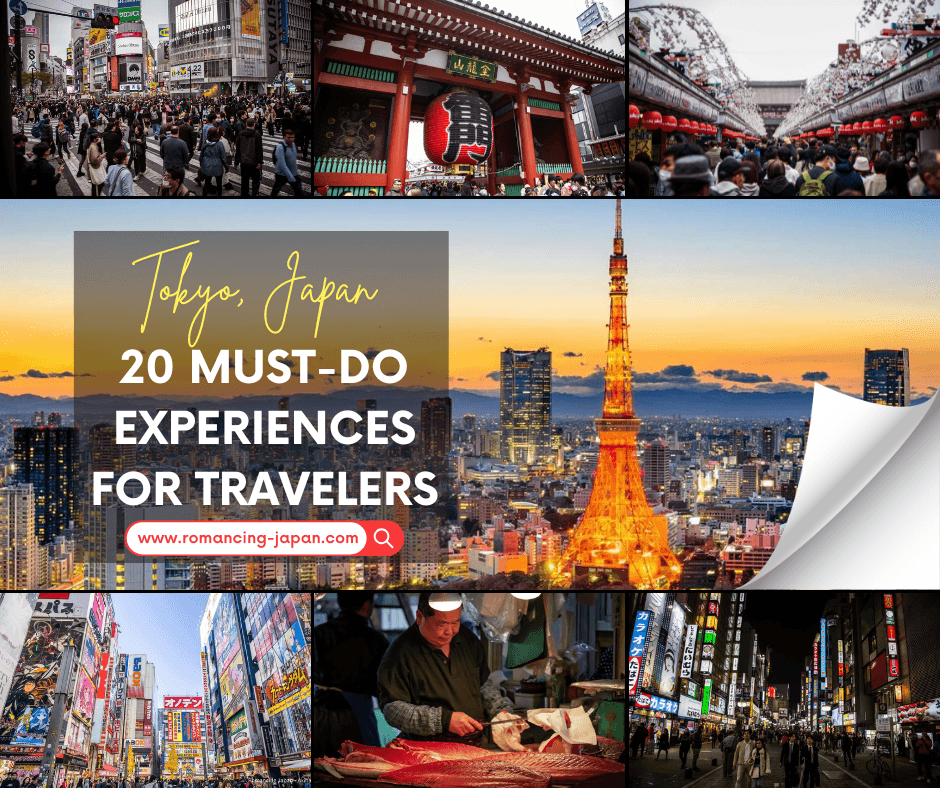
Tokyo Favorites: 20 Must-Do Experiences for Travelers
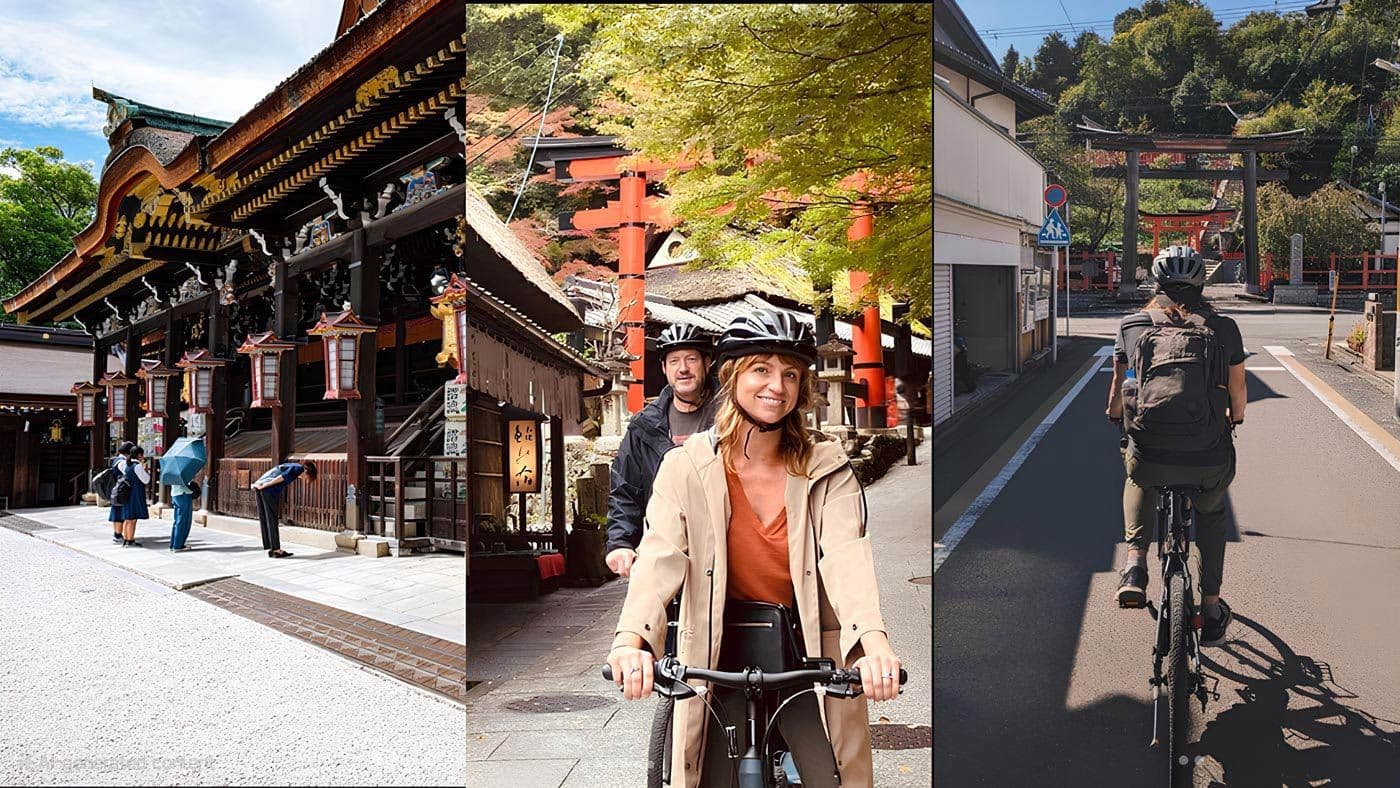
Kyoto Bike Tours: Discover the City’s Hidden Gems with Noru
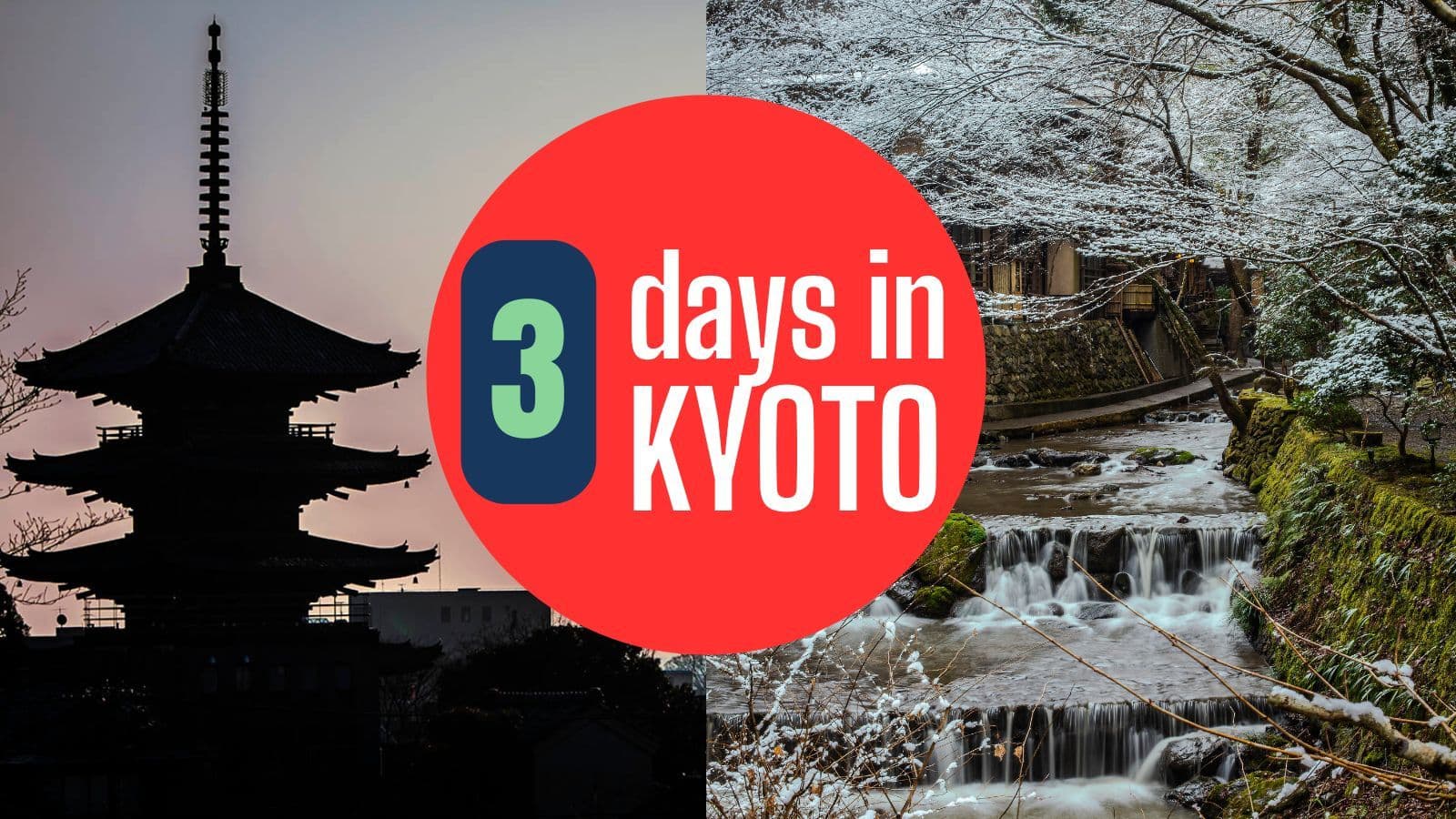
Kyoto 3-Day Itinerary: Best Things to Do for First-Time Visitors

Universal Studios Japan Tickets: Your Guide to Visiting USJ
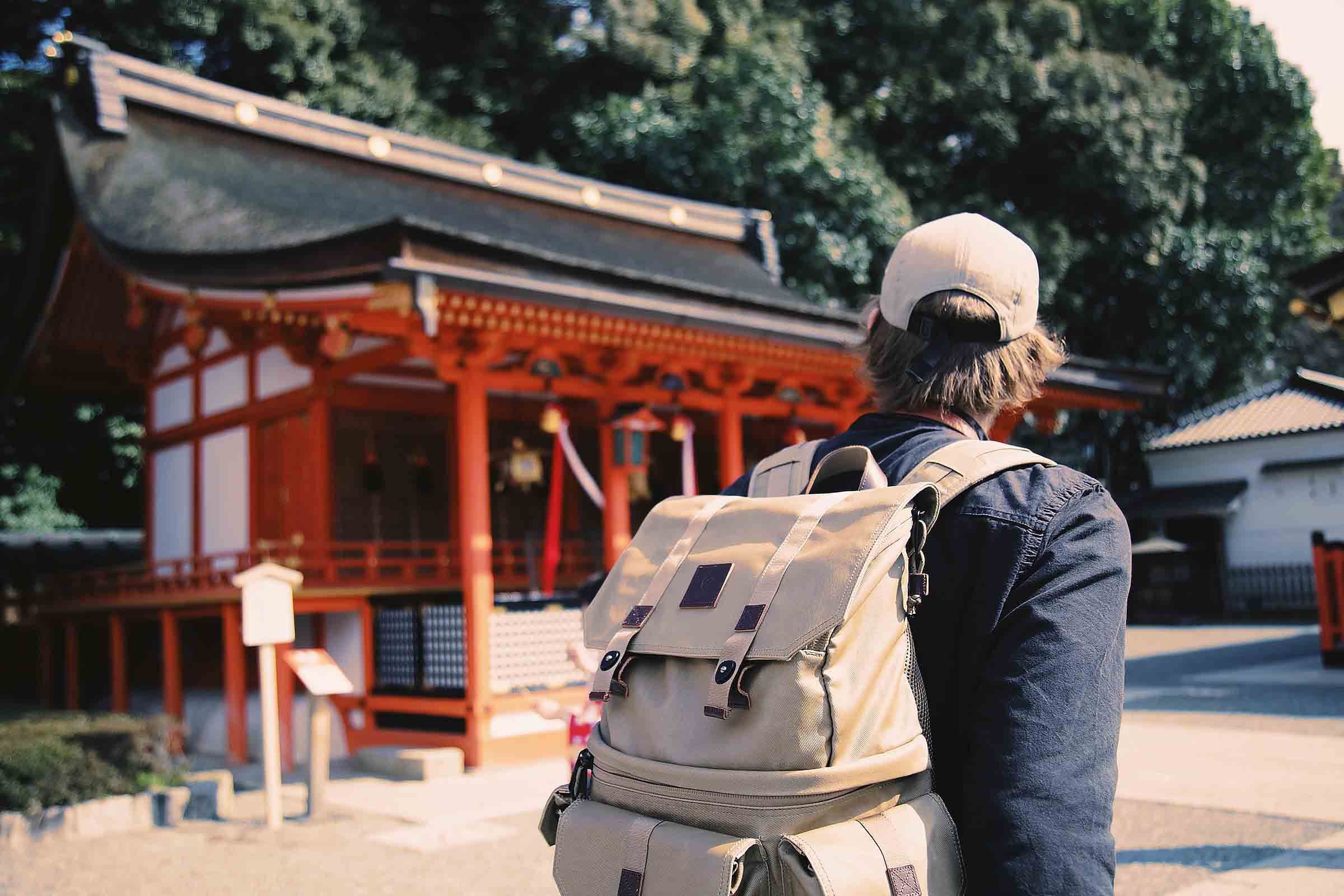
Find Out What Japan Really Thinks of Foreign Tourists
